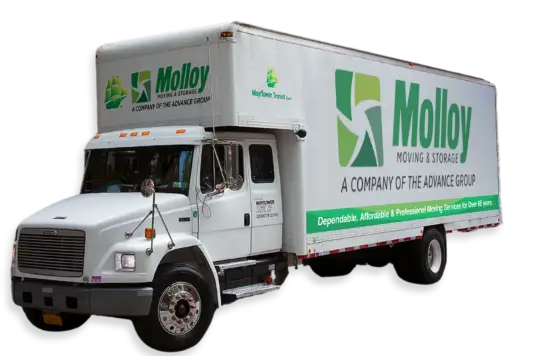When moving, timing and organization are essential. Planning all of your tasks for each phase of your relocation will keep things moving smoothly and efficiently.
Making moving checklists is a great way to stay organized. Refer back to them as often as you need to. This ensures that not a task is missed and that you are staying on track. It’s also good to mark each item off as it’s completed.
Before the Move
At least two months before your move, schedule household movers. Once you have your move date locked in, you can coordinate your other plans.
Determine the boxes and packing supplies you will need for your relocation. Once you have the essential packing supplies, begin packing up the items you don’t use daily. This will put you ahead of the game when the time comes to really get down to business. Pack each room of your house, saving the most used rooms like the kitchen for last. Label every box as you go.
Take care of your utilities several weeks before your move-out date. These include cable and internet, gas, electricity, water, trash, security systems, and phones. In some cases, you can transfer your services to your new home. In others, you’ll need to end services at your old place and arrange for new accounts and services at your new home. Make sure service at your old site is scheduled to be turned off a day or two after your move-out date and schedule services to begin at your new home a couple of days before move-in day.
Now is also the time to start notifying friends and family members that you will be moving. Provide them with your new contact information as well as your moving date.
Moving Day
Confirm that the area in front of your home is entirely accessible to park the moving truck. Also, make sure the street and driveway at your new home are cleared as well so that the truck can park and unload there.
Make sure your packing is completed before the movers arrive on moving day. Then stay clear and allow your movers to get to work and do their thing. Stay available, though, in case they need to ask you any questions.
Keep children and pets safe on your moving day. Either arrange to have someone care for them in their home or designate a secure room at your own home where the movers know they will be. This way, they can stay out of the way and avoid potential problems.
After the Move
As you breathe a sigh of relief that everything has made it to your new home — now it’s time to roll up your sleeves again and get to the exciting task of unpacking.
Have a plan guiding you with which rooms and areas to tackle first. Prioritize the essential spots to stay organized as you put your home back in order.
Now, notify all of the secondary providers of your recent move. This list should include everyone from your banks to your insurance companies to the IRS and credit card companies. Don’t forget to notify membership subscriptions and on-line shopping companies.
Organized Move
Staying organized during a move is critical. The more organized you are, the more efficiently you will be able to work. Get a calendar and start the planning process early. Stay on schedule, and your move will be a success.
If you are looking for residential moving help — contact us for a free quote. We can help with the planning and successful completion of your move.



